[SRI delegation in the picture, from left: Werner Grandl, Adriano V. Autino]

Contributions by Robert Katz, Frank White, Mikhail Baskov, Emeline Paat-Dahstrom
Space Renaissance International’s Pre-COPUOS global, day-long virtual summit on the 12th of June was well attended by many from our Space 18th SDG Coalition 81 partners, representing developed and emerging countries alike. As CEO and Co-Founder of SRI, I am honored to share our significant recommendations to the COPUOS 67th General Assembly. We converged our top critical space concerns into five key focus areas.
* Panel Number 1 covered the Use of Space Resources
Space resources should be primarily used to build infrastructure in space while avoiding new colonialist attitudes. Instead, space resources belong to space communities. Accessing previously untapped space resources will produce an economy of abundance for all on Earth. The U.N. should immediately promote the idea that the military industry should pivot from manufacturing means of destruction to instead manufacturing space infrastructure, such as rotating settlements in orbit and at Lagrange points.
Lacking a general agreement on space resources and bootstrapping of the cislunar economy, the U.N. should consider the Artemis Accords and the International Lunar Research Station as best practices for fair competition and collaboration.
* Panel Number 2 covered Orbital Debris
Orbital debris represents an extremely serious threat to space navigation and deserves an extremely high priority focus. COPUOUS should support the industry in finding solutions. Debris removal is not just a moral duty, but simultaneously a major business opportunity. The many thousands of tons in orbit hold great value for space industrialization. Therefore, space law should urgently allow the capture, salvage, reuse, or parking of decommissioned satellites, rocket stages, and other large space wreckage. These may profitably produce propellant or reused infrastructure components. Maritime law provides a useful analog.
Member states should encourage their manufacturers to equip satellites for end-of-life de-orbiting, encourage their space entrepreneurs to develop innovative debris removal technologies, via private-public funding partnerships, encourage relevant academic research, and support best practices in debris management and reuse.
Finally, and most importantly, all anti-satellite weapons tests should be banned by the U.N.
* Panel Number 3 covered Space Law
The Outer Space Treaty should be modernized with provisions for private-sector participation. Successful elements from other treaties, like the Law of the Sea, should guide space resource utilization. We should establish clear, robust legal frameworks to protect intellectual and industrial property rights in space. Access to space should be democratized, lowering barriers to entry, and fostering international collaboration.
All stakeholders, and not only states, should participate in space law development. Access to resources should be free, without exclusion zones. Finally, the OST should be extended to disarmament, global monitoring, and the prevention of space militarization. In principle, space should be declared a weapons-free zone.
* Panel Number 4 covered Sustainable Benefits 4 All Peoples of Earth
Expanding civilization into outer space represents humanity’s natural evolution. Historically, we have never been confined to a single geographical location. As Earth now reaches her carrying capacity, living and working in the solar system is essential for continued growth.
Lessons learned off-Earth, such as total recycling, efficient food production, and eco-sustainable habitats, will immeasurably benefit life on planet Earth, particularly for those suffering from poverty. Tangible space benefits should be more publicly promoted, including satellite communication, which has accelerated, for example, education and health care for those remote and underserved. We must develop a holistic space sustainability framework to unite social, environmental, and economic factors.
Civilian Space Development (CSD) includes the cislunar economy, asteroid mining, establishing space communities, and space industrialization, providing a new industrial value chain and jobs to “post-industrial” countries. CSD also helps the development and social growth of all Earth’s peoples, including those in space-emerging and space-aspiring countries.
As the world witnesses a permanent space revolution, space-emerging countries no longer need to endure the long, slow road traveled by pioneers. Non-space-faring countries deserve the same opportunities as pioneer countries. They should not be limited to space technologies supporting agriculture and disaster recovery. They instead deserve advanced space development, as all have rights to development and social growth (as outlined in the U.N. resolution on the human right to development, 1986). Brilliant minds have birth everywhere. They will not be peasants on Earth forever, and maybe they might be peasants in space!
CDS is a powerful factor for peace, putting resource wars out-of-business.
The Overview Effect remains a powerful icon of a new human community, where no barriers, borders, or boundaries can be seen from orbit or the Moon. Sustainable space operations enhance global connectivity, bridging the digital divide and improving everyone’s quality of life. Satellites track climate change and natural disasters and help resource management to heighten our resiliency.
* Finally, Panel Number 5 covered Sustainable Space Development and Space for Sustainability
At their core, the 17 SDGs rest on three core SDG pillars: (7) energy, (8) jobs, and (9) industry innovation. However, these are simply not sustainable if confined on Earth, as they conflict with the environmental SDGs: they are UDG, Unsustainable Development Goals!
For example, energy demand increases with production increases, Web use, and AI. Energy and resource demand increases, but green policies require general decrease. What does this conundrum mean? The high lifestyle promised by electronic society will be available only to a few people (if civilization does not crash before). Space, instead, makes a positive lifestyle available for all.
A massive misunderstanding depicts leaving Earth as unethical. The truth is exactly the opposite. We are not abandoning Earth, we are simply expanding our presence beyond Earth, as an act of love. Our mother planet is stressed by our technological development. Large-scale space migration shows her our respect and love, as well as respect and love for humanity.
Space development will generate an immeasurable number of new jobs. “Space for all” means space for the next generations. We therefore must disseminate knowledge of space benefits.
Summarizing the robust consensus of all five panels: we must architecture the future of space. The consequences of extinction events are irreconcilable. Securing new resources secures options for a positive future. Building and maintaining viable space communities is a microcosm of providing for all life on Earth.
Space should be a weapons-free zone. In a Copernican view, we live in an open world, without limits to growth. No other species can develop technologies to live beyond the biosphere. We, therefore, have great responsibility and should act before 2030, focusing on settlements beyond Earth, instead of wasting energy to wage wars on a single planet. We need a vertical growth strategy, instead of a “horizontal” geopolitical one.
Space development will ignite industrial, technical, social, and cultural development. This will also critically ensure sufficient resources and energy for all of our emerging countries. Orbital debris might be the first factor for space industrialization, and space-based circular economy, but not the last. Let us think outside of geocentric constraints and create a better, bigger, and bolder analytical definition of space resources and products, sustainable extraction, and the upcycling of lunar and asteroid resources. We should also support continued cooperation among all countries, notwithstanding the ongoing wars and subsequent opposition.
In conclusion, the U.N. should include space development as a key sustainability factor for the 2030 Agenda and explicitly mention the work of UNOOSA and COPUOS in all related public communications and outreach.
Renewed global collaboration is imperative between international regulatory bodies, governments, and the private sector for the adoption of shared space assets, ensuring full SDG alignment.
With the potential of sustainable space for increased international peace, security, human rights, and sustainability, Space as the 18th SDG is a must for the benefit of everyone.
Watch the video of the speech on the U.N. TV website: https://webtv.un.org/en/asset/k1w/k1wp8nfhx5?kalturaStartTime=6140
———————————————————————————————–
Also see the SRI Position Paper on the Key Critical Issues before 2030. https://www.amazon.com/position-paper-critical-issues-toward/dp/B0CVVP6NKT/
Sign the Space 18th SDG Petition online https://www.change.org/space18sdg
Join the Space 18th SDG Coalition https://spacerenaissance.space/sign-the-18th-sdg/
Stay tuned with the campaign for Space 18th SDG: https://space18thsdg.space/
Join the SRI Crew: https://spacerenaissance.space/membership/international-membership-registration/
Donate some money to SRI: https://spacerenaissance.space/donate-to-space-renaissance/
Watch and subscribe to the Space Renaissance YouTube channel: https://www.youtube.com/@spacerenaissance
Want to discuss this? Please do it on the SRI Open Forum: https://groups.google.com/g/sri-open-forum/c/pnAi4BHRar4
Also download a pdf copy of this article.
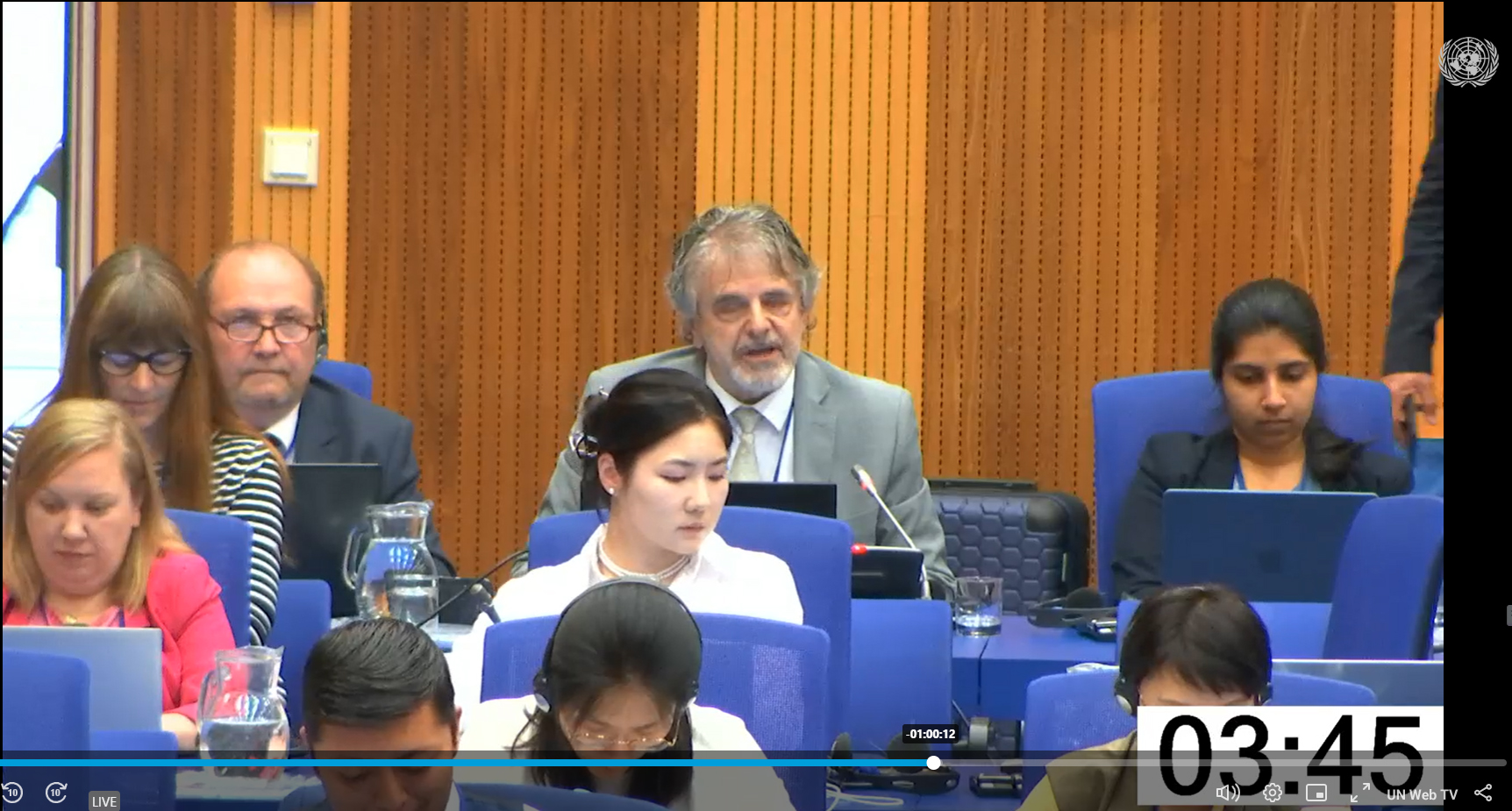

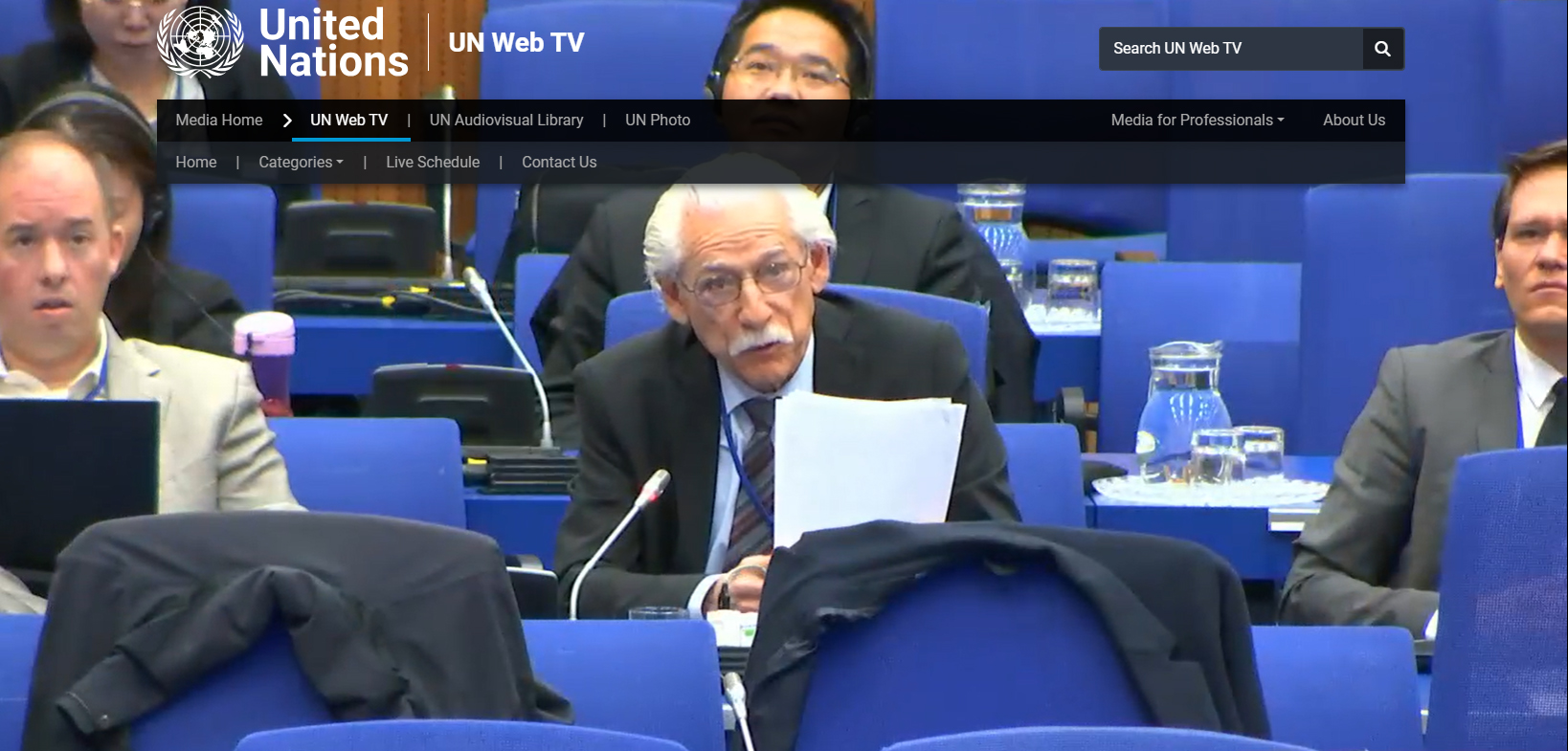
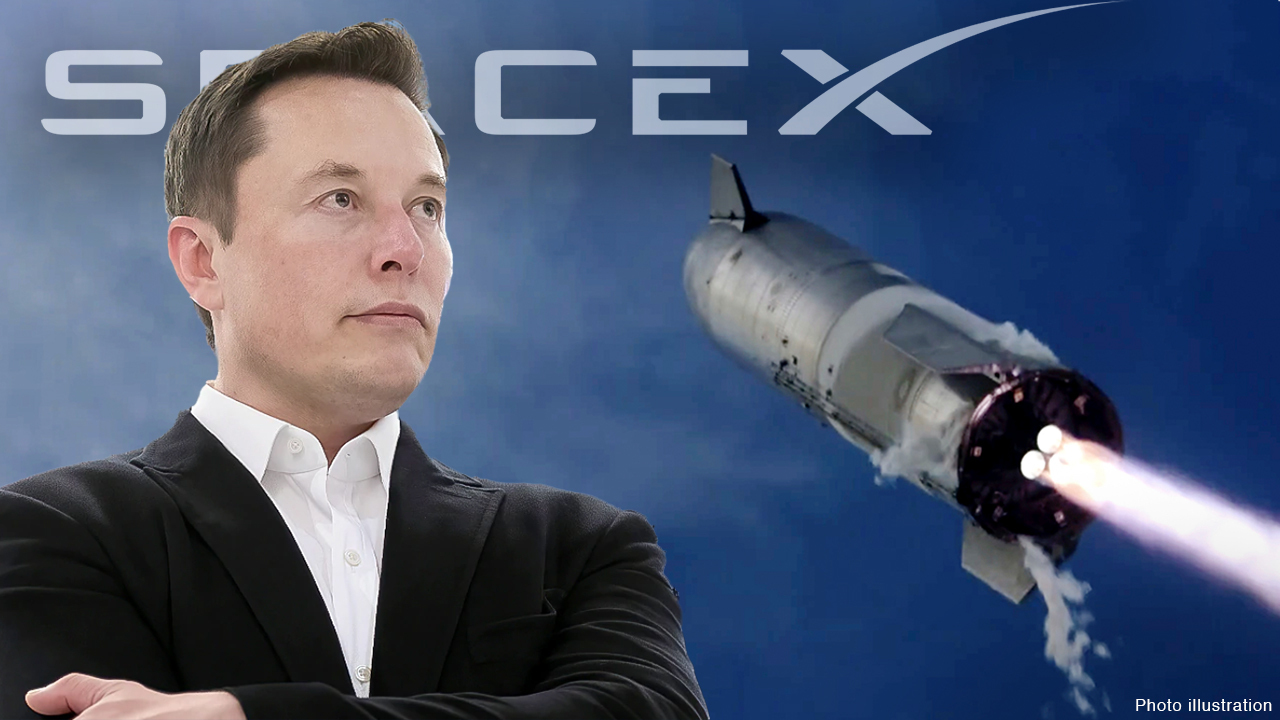

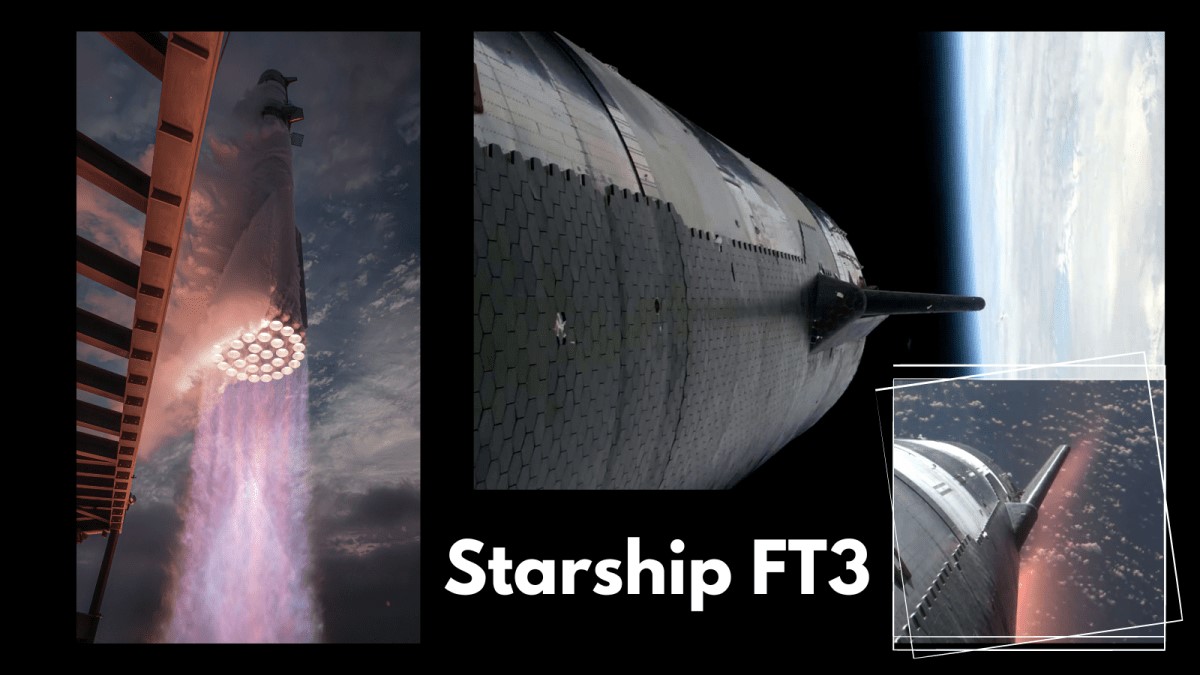

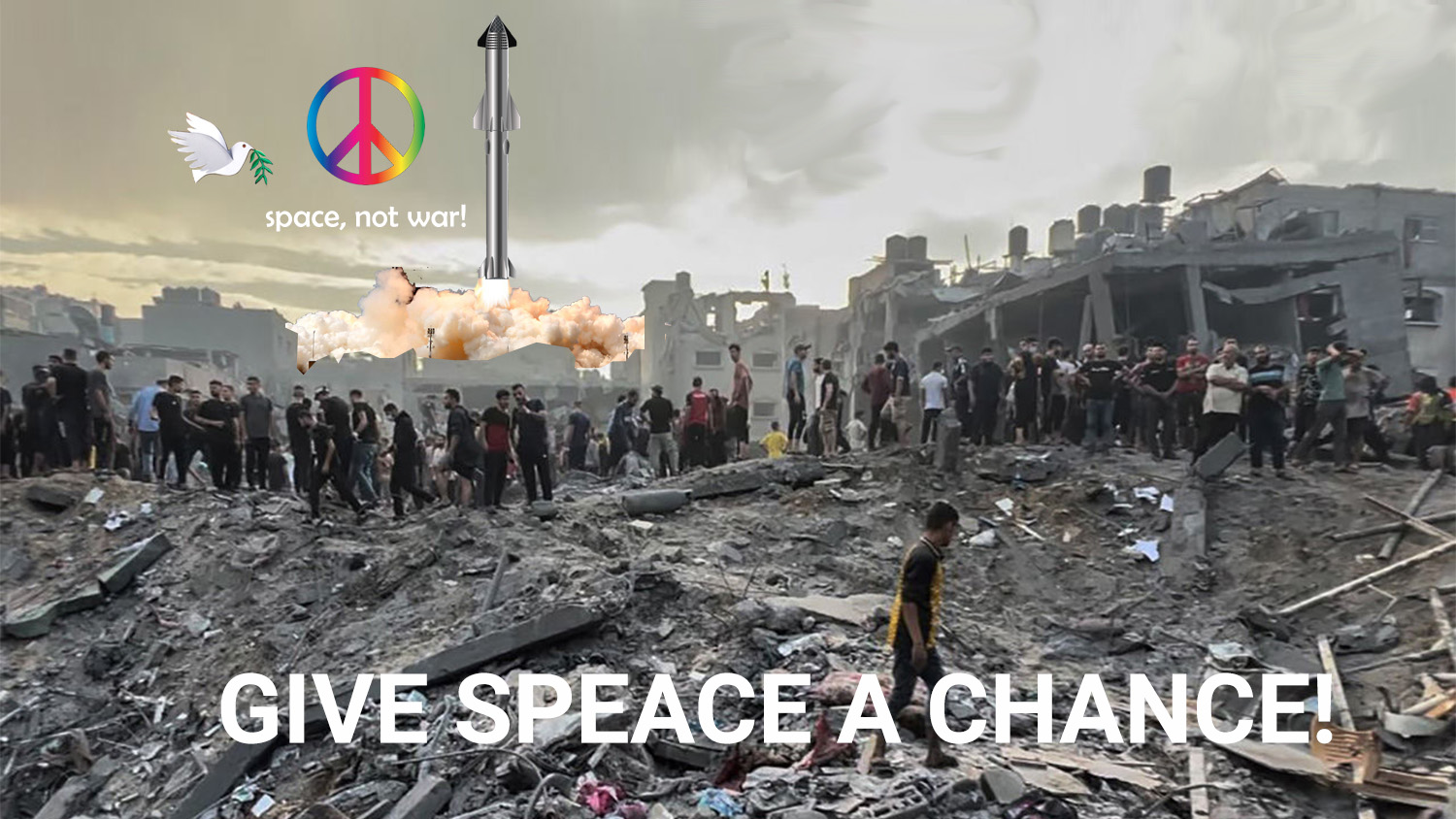

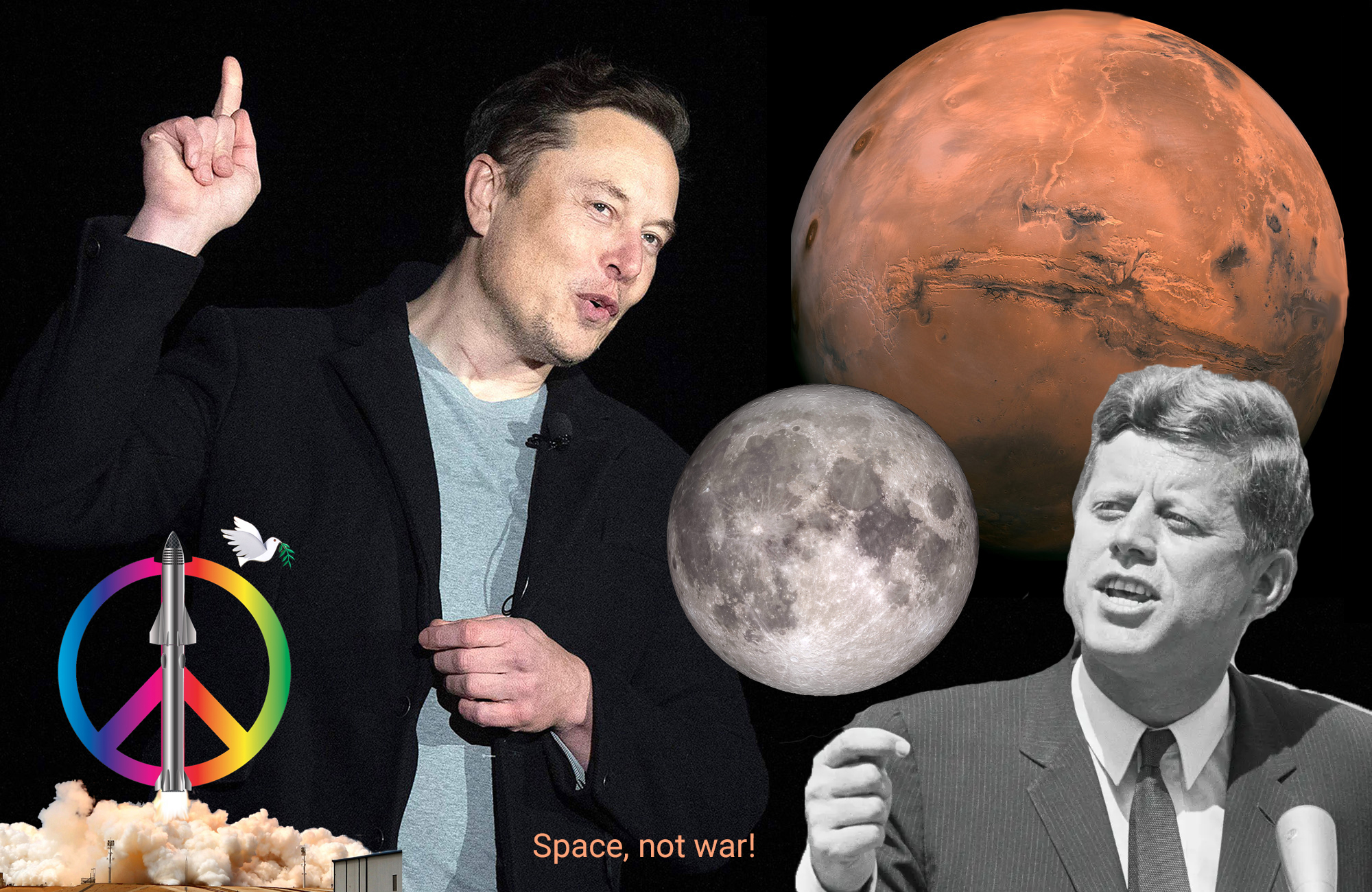

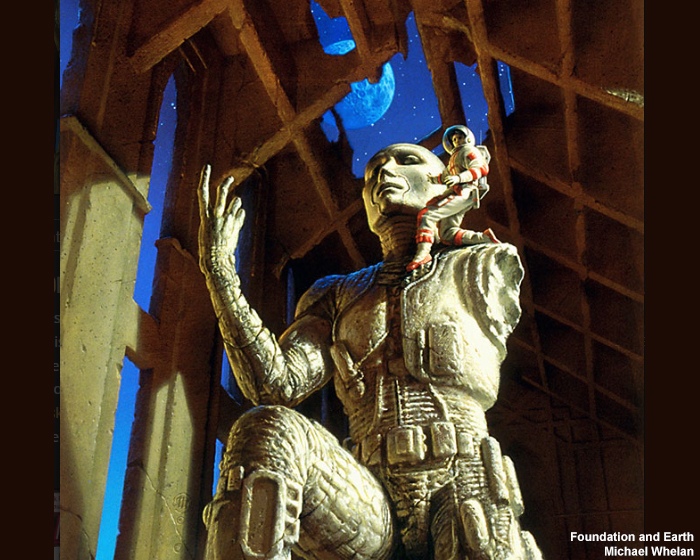

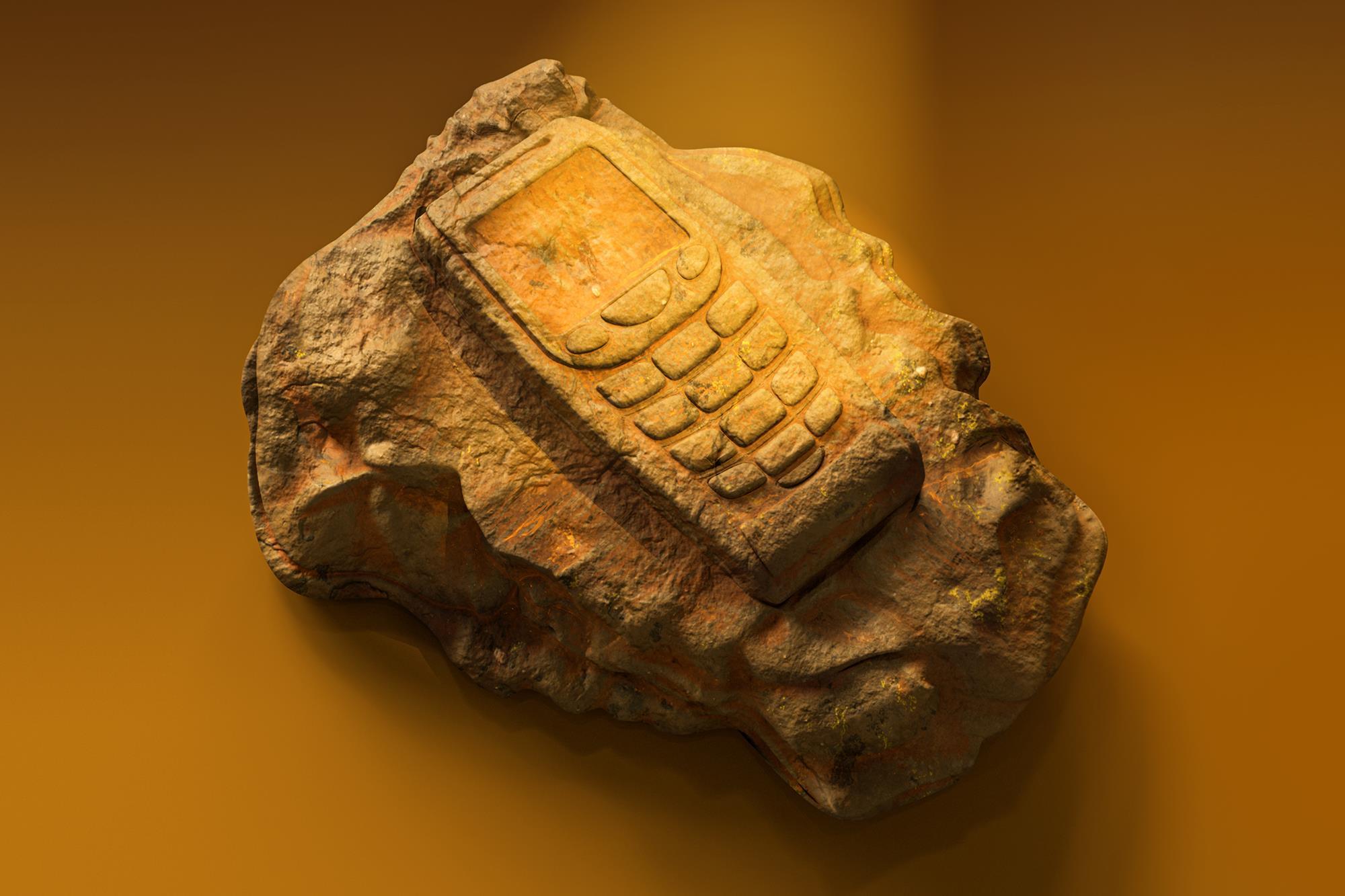

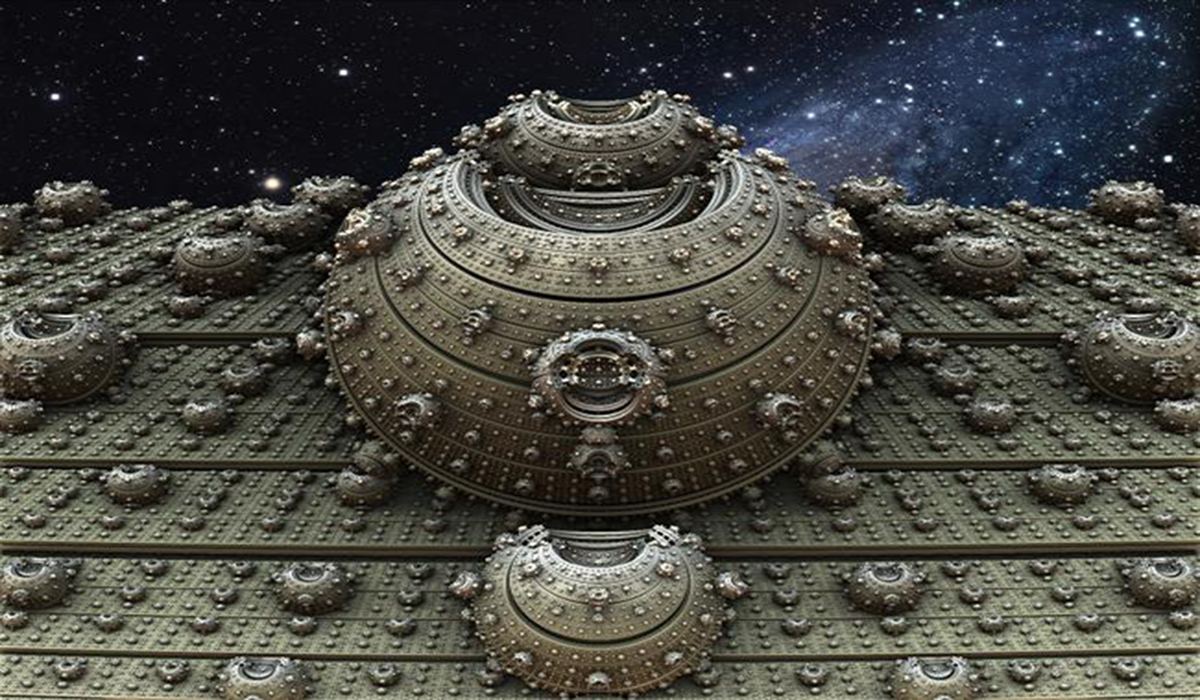



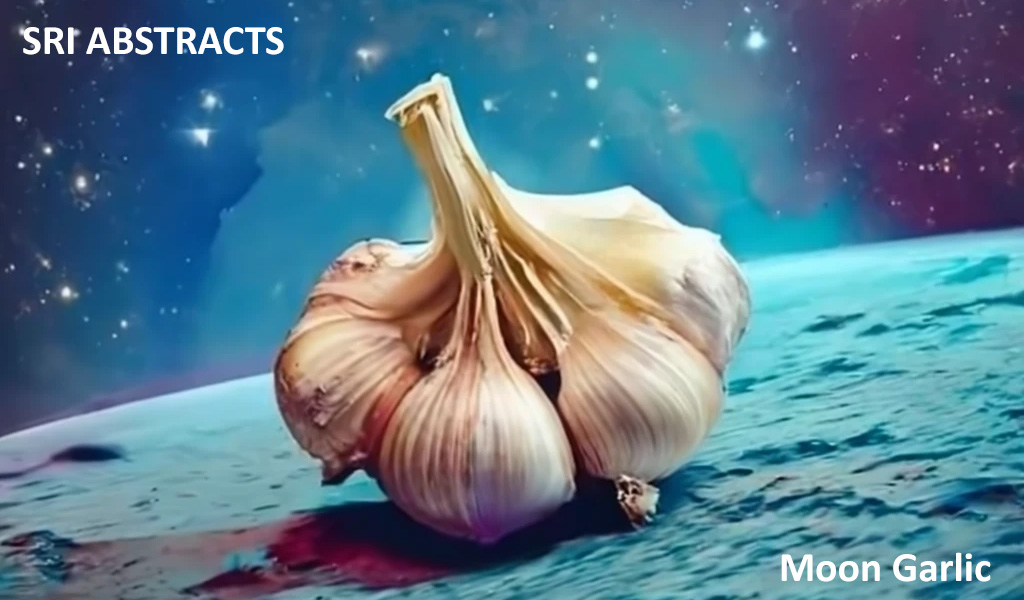





 Space Renaissance France (French Chapter of SRI)
Space Renaissance France (French Chapter of SRI)  Space Renaissance USA, Inc. (USA Chapter of SRI)
Space Renaissance USA, Inc. (USA Chapter of SRI) Space Renaissance (Italian Chapter of SRI)
Space Renaissance (Italian Chapter of SRI) Space Renaissance Academy
Space Renaissance Academy Space Renaissance Initiative Group
Space Renaissance Initiative Group